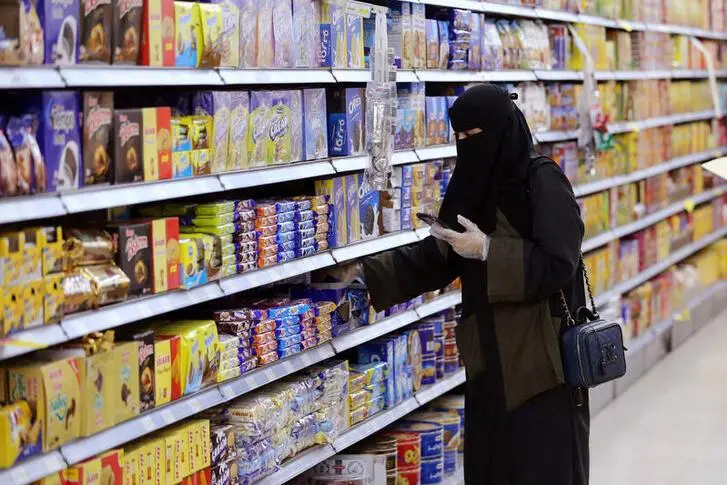PHOTO
The monthly PMIs (Purchasing Managers’ Index) for the GCC countries and Egypt suggest that economic activity in non-oil sectors across the region eased last month on the back of tighter virus containment measures.
Across the Gulf economies, the breakdown of the surveys showed a fall back in the output and new orders components as the tightening of COVID-19 restrictions in the past month or so has weighed on domestic demand, said Capital Economics in a note.
Saudi Arabia’s whole economy PMI – which covers the non-oil private sector – fell from 57.1 in January to 53.9 in February, its weakest reading since October. The survey for the UAE decreased from 51.2 to a three-month low of 50.6 last month. In Qatar, the headline reading dropped to 53.2 in February. Egypt’s PMI bucked the trend and rose from 48.7 in January to 49.3 last month, but it remained below the 50-mark that, in theory at least, marks the separation between expansion and contraction.
Video: COVID-19’s ongoing impact on the non-oil sector: UAE, Saudi and Egypt
In Saudi Arabia, the government extended its international travel ban until the end of May and the Interior Ministry banned indoor dining and entertainment activities until later this month.
At the same time, authorities in the UAE banned large gatherings, closed bars and other entertainment venues. However, in UAE the vaccination programme has continued to make rapid progress – more than a third of the population has received at least one dose of the vaccine and nearly a quarter of people have been fully vaccinated. The UAE is well on track to meet its target of vaccinating half of its population by the end of this month. This should allow restrictions to be eased sometime in Q2, which would be much sooner than in most other parts of the region.
For others in the region, the vaccination rollouts have been much slower to get going. In Saudi Arabia, only 2.2 per 100 people have received a jab so far despite the programme being launched in mid-December. And in Qatar less than five per hundred of the population have been vaccinated too, well short of the country’s target to vaccinate the most vulnerable – around 25 percent of the population – by the end of the first quarter.
With little sign of the pace of rollout picking up soon, the authorities will be slower to lift restrictions and this was reflected by a drop in forward-looking components of the PMI surveys.
In Egypt, the output and new orders components of the PMI both rose last month but remained subdued as the authorities have been hesitant to ease virus containment measures with the vaccine rollout still in its early days.
Meanwhile, both price components of the survey eased a touch in February, but remained above the 50-mark. “For our part, we expect headline inflation to drift upwards this year and prompt policymakers to keep rates on hold until later in the year,” said James Swanston, economist at Capital Economics.
(Writing by Brinda Darasha; editing by Daniel Luiz)
Disclaimer: This article is provided for informational purposes only. The content does not provide tax, legal or investment advice or opinion regarding the suitability, value or profitability of any particular security, portfolio or investment strategy. Read our full disclaimer policy here.
© ZAWYA 2021





















